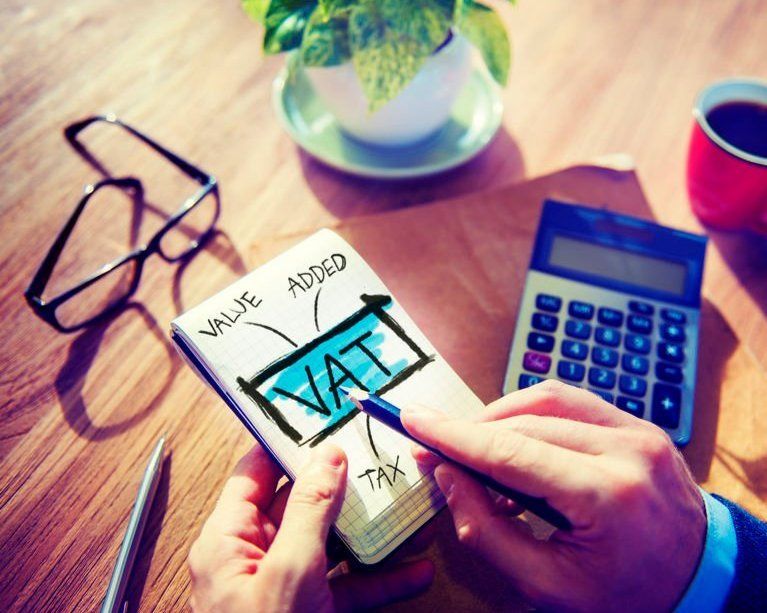When should a business register for VAT?
When should a business register for VAT?

The rules regarding VAT registration appear relatively straightforward — a business must register if its VAT taxable turnover exceeds the VAT registration threshold (currently £85,000, remaining at this level until at least 31 March 2024). A business that makes taxable supplies is liable to register if, by the end of any month, the value of such supplies in the previous 12 months or less is more than the VAT registration threshold; or at any time, where it is expected that the value of taxable supplies in the next 30-day period will exceed the VAT registration threshold.
The problem comes with the definition — what exactly counts as taxable turnover?
What is taxable turnover?
Taxable turnover is the total of all taxable supplies incurred over the previous 12 months of trading except exempt supplies.
This definition includes:
- standard rated goods
- zero-rated goods
- goods hired or loaned to customers
- business goods used for personal reasons
- goods bartered, part-exchanged or gifted
- services received from businesses in other countries that you had to ‘reverse charge’
- building work over £100,000 undertaken for the business (‘self-supply’)
but excludes:
- income from employment
- grants
- disbursements on behalf of a client
- one-off’ sales of capital assets e.g. proceeds from the sale of a van
The calculation also does not take into account any income that is exempt from VAT. The more common sources of which are:
- income from financial services or selling insurance;
- rental income from properties or the sale of land or existing buildings; and
- betting, gaming or lotteries.
Voluntary registration
A business that makes taxable supplies below the VAT threshold can choose to register voluntarily. This has some benefits (although the business will also have to charge output VAT to customers), for example it allows the business:
- to reclaim input VAT (especially relevant if the business is buying capital items such as a van).
- to build positive impressions to clients – the business looks larger than it is.
- generate a VAT repayment for businesses that sell zero rated goods as they can reclaim the input VAT on purchased goods.
- to back date the registration by up to four years if sufficient evidence can be supplied to HMRC. This means a business may be able to reclaim VAT paid on equipment being used.
Exceeding the threshold temporarily
A business that temporarily goes over the VAT registration threshold e.g. from making a one-off high-value sale, may not have to register for VAT. This exception applies if the VAT registration threshold was exceeded in the previous 12 months, but the business can demonstrate that taxable supplies in the next 12 months will not exceed the de-registration threshold (currently £83,000). The business must apply for an exception in writing less than 30 days after exceeding the registration threshold explaining why expected taxable sales in the next 12 months will be less than the deregistration threshold.
Exception from registration requires HMRC’s approval and cannot be assumed. If the exception request is submitted late HMRC must still be notified and given the known facts as at the time that the threshold was exceeded. HMRC will only give weight to evidence that was available at that time, not information which subsequently becomes available, e.g. actual turnover figures for the months following.
Practical point
It should be noted that exception cannot be granted if a business is liable to be registered under the 30-day future turnover rule.



